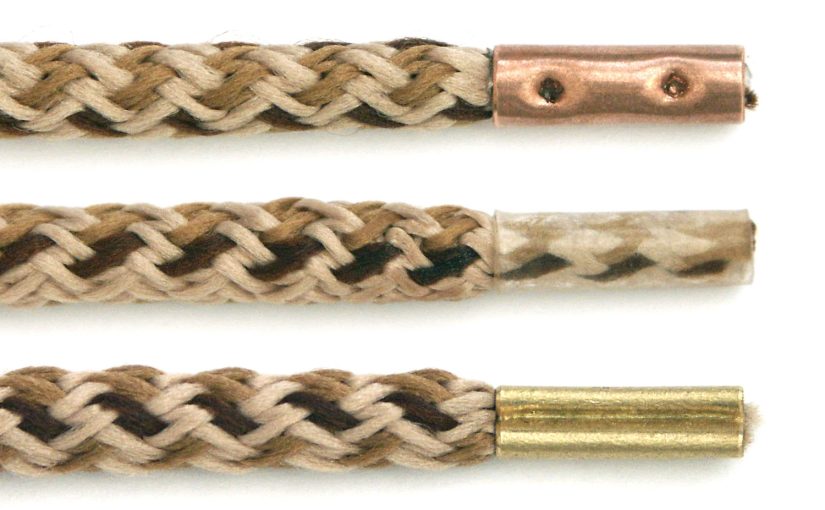It’s not often that I take a minute to ponder the most valuable things in life. But, as I sit here with a bottle of Single Malt Aquafina by my side, I can’t help but consider what really matters. Like most people, I suppose, family, friends, fitness, and finances come to mind. But here’s the kicker, my dear readers: those who are considered successful and truly living the American Dream rank the same thing at number one: time.
Yes, time. That slippery, elusive, ever-fleeting commodity that we all seem to lack. And why is that, you might ask? Well, it’s simple really. Time is the one thing we can never get back. Once it’s gone, it’s gone forever. And that’s why it’s so damn valuable.
But here’s the thing, folks. Time is useless without health. You can have all the time in the world, but if your body is in an advanced state of disease and decay, what good is it? Health is the foundation of wealth, the bedrock upon which everything else is built. Without it, time as a currency enters into a state of devaluation. And believe you me, that’s a state you don’t want to be found in.
Now, when it comes to wealth, there’s a big difference between the modern and ancient worlds. Back in the day, wealth – anything substantially above mere subsistence – was incredibly rare. And I’m not sure people today realize just how dire the situation was. In those days, you were lucky to have a roof over your head and a crust of bread to eat. But nowadays, we’ve got it all. We’ve got fancy cars, big houses, and all the gadgets and gizmos we could ever want.
But here’s the catch, my friends. All those things are just distractions. They might make us feel good for a little while, but they don’t bring true happiness. They don’t bring fulfillment. And that’s because true wealth isn’t measured in material possessions. No, true wealth is measured in experiences, in memories, in moments. And all those things require one thing: time.
So, as I sit here with my bottle of Aquafina, I implore you, dear readers, to take a step back and consider what really matters in life. Is it the big house or the fancy car? Is it the fat bank account or the latest iPhone? No, my friends, it’s none of those things. It’s the time we have with the people we love, the experiences we share, and the memories we create.
In the end, that’s all that really matters. So don’t waste your time chasing after things that don’t matter. Instead, focus on what’s truly important. Cherish your health, cherish your time, and cherish the people who matter most. That, my dear readers, is the key to a truly fulfilling life.
